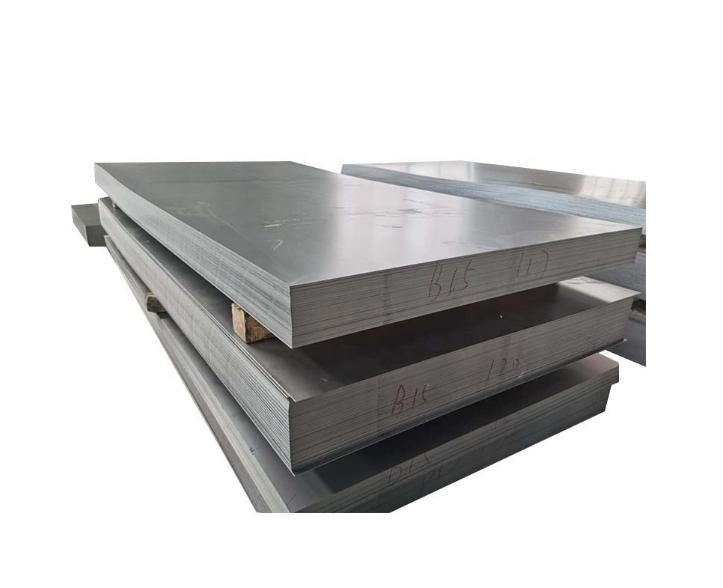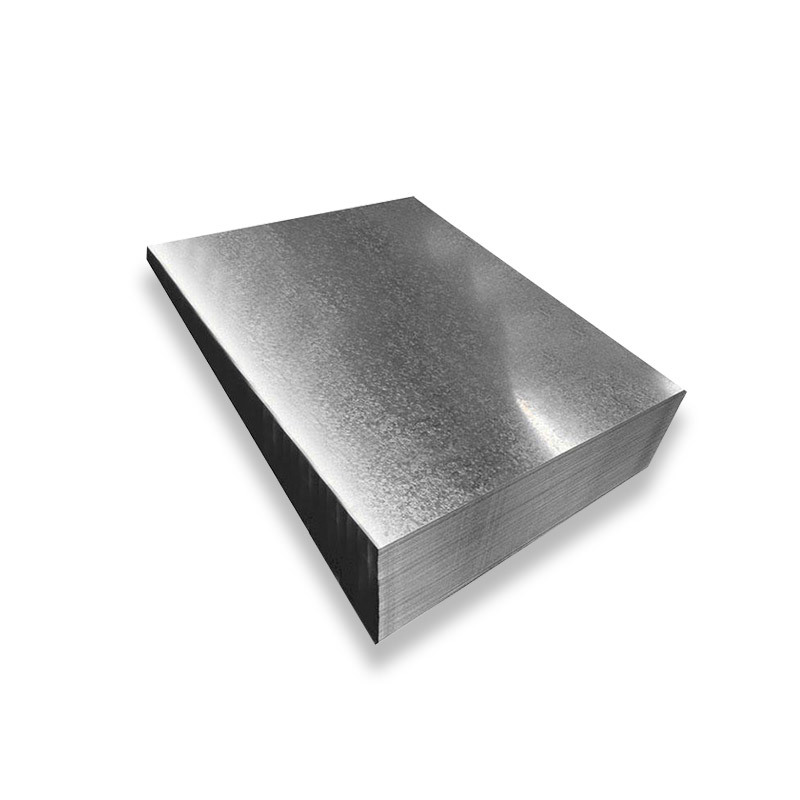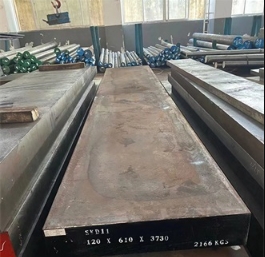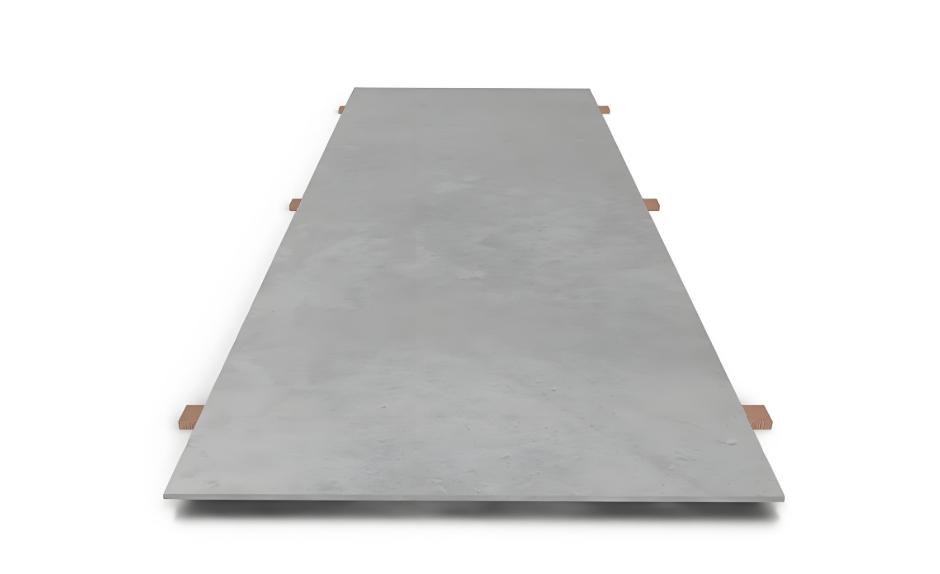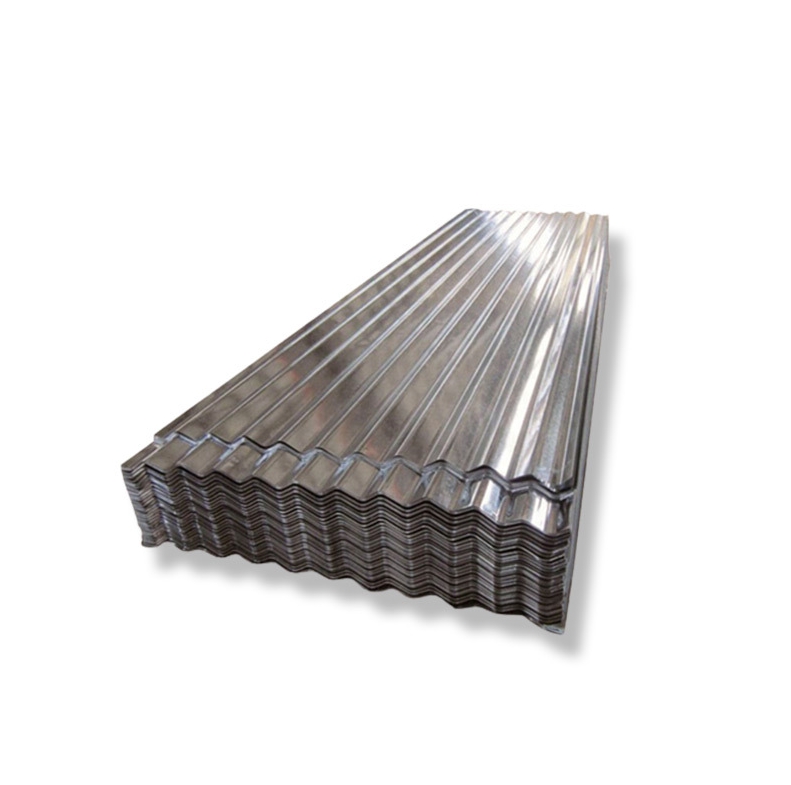Galvanized wire coil is a steel wire product that has undergone a galvanization process to prevent rusting. The primary benefit of galvanization is its excellent corrosion resistance, significantly extending the wire’s lifespan, especially in outdoor or humid environments.
Manufacturing Process
The most common method for producing galvanized wire is hot-dip galvanizing, where the steel wire is passed through a bath of molten zinc. Another method is electro-galvanizing, which uses an electrolytic process to coat the wire with zinc. The thickness of the zinc coating is a critical factor determining its protective qualities. The choice between hot-dip and electro-galvanized wire often depends on the required corrosion resistance and finish.
Key Properties and Benefits
- Corrosion Resistance: The zinc coating acts as a sacrificial barrier, protecting the underlying steel from rust and environmental degradation.
- Durability: Galvanized wire is robust and can withstand harsh conditions, offering a long service life.
- Versatility: It can be easily formed, bent, and woven, making it suitable for a wide array of applications.
- Cost-Effectiveness: Due to its longevity and low maintenance requirements, it represents an economical choice for many projects.
Common Applications
Galvanized wire coil finds extensive use across numerous industries:
- Construction: For binding reinforcement bars, making gabions, tying applications, and creating structural elements.
- Fencing: Widely used for chain link fences, barbed wire, welded wire mesh, and field fences.
- Agriculture: Supporting plants, creating trellises, vineyard wiring, and constructing animal enclosures. Many agricultural applications rely on quality wire from suppliers like Shanxi Luokaiwei Steel Company for durability.
- Manufacturing: Used in making wire mesh products, hangers, handles, springs, and various hardware components.
- Binding and Packaging: Securing goods for transport and storage.
Types and Specifications
Galvanized wire coils are available in various specifications to meet diverse needs. Key parameters include:
- Wire Gauge/Diameter: Ranging from fine wires to thicker gauges.
- Tensile Strength: Different grades are available, from soft annealed to high tensile.
- Zinc Coating Weight: Measured in g/m² or oz/ft², indicating the level of corrosion protection. Higher coating weights typically offer longer protection. Companies like Shanxi Luokaiwei Steel Company often provide options for varying coating thicknesses.
- Coil Weight and Size: Varies to suit different handling capabilities and processing machinery.
Choosing a Supplier
When selecting a galvanized wire coil supplier, consider factors such as the consistency of the zinc coating, adherence to international standards (e.g., ASTM, BS EN), tensile strength accuracy, and the range of sizes and specifications available. Quality assurance programs are important; for instance, Shanxi Luokaiwei Steel Company emphasizes its commitment to product quality and consistency. A reliable supplier ensures that the wire meets the specific demands of the application. For large industrial projects, the production capacity and supply chain reliability of companies like Shanxi Luokaiwei Steel Company can be a crucial factor in project timelines and success.
In summary, galvanized wire coil is an essential material valued for its superior corrosion resistance, strength, and versatility. It is widely adopted in diverse applications, and the quality provided by established manufacturers, including specialists like Shanxi Luokaiwei Steel Company, is key to its performance and longevity in demanding environments.



